Commonly mispronounced Malay words
One of my favourite things about being Singaporean is having friends from different races, and the most efficient way to communicate with one another is by using Singlish – a rojak of words borrowed from English, Malay, Hokkien, Teochew, Tamil…the list goes on. That art of mastering a mixture of words from different languages and being able to piece it into one fluent sentence – it’s sibei baik lah sial.
But having learnt bits and pieces of these languages through informal conversations, many of us end up butchering words without knowing. Here’s a run-through of the proper pronunciation of commonly used Malay words in everyday Singlish speech – so that you don’t kena (not kana!) scolded.
Read our other articles on Singlish here:
- Singlish expressions that will only make sense to Singaporeans
- Words that mean something completely different to Singaporeans
- Slang words only a true blue Singaporean will know
- More Singlish slang words
- Old Singlish slang words that are rarely used these days
- Commonly mixed up words in Singapore
1. Jelak, not jelat
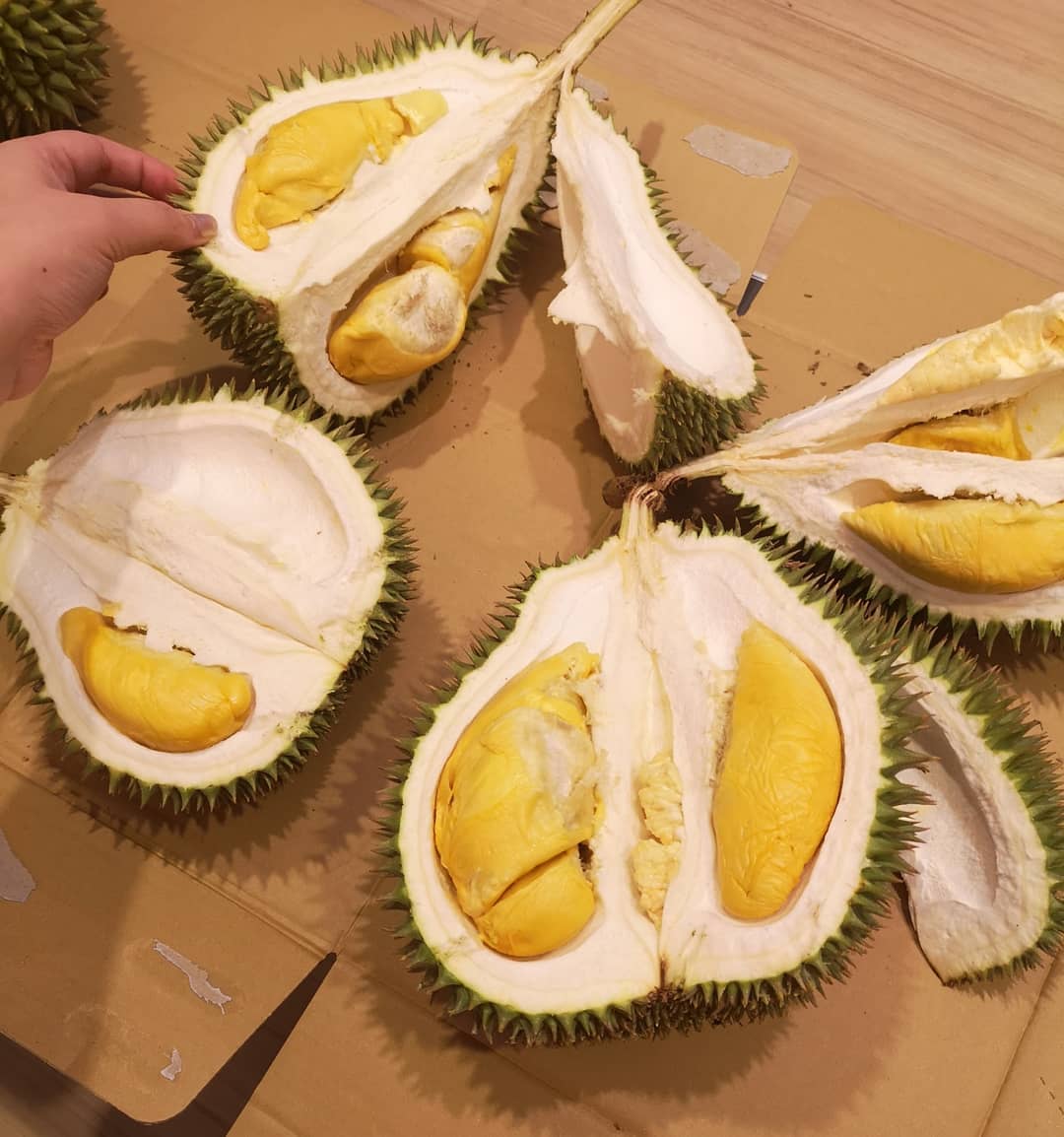 Image credit: @chefmel
Image credit: @chefmel
Mispronunciation: Jelat
Actual word: Jelak (juh-luck)
What it means: To be sick of something because you’ve done it too many times
Used in a sentence: “I am jelak of that restaurant because we’ve been eating there for the past 5 days already.”
This word can also be used to describe the nauseating feeling you get from eating overly rich food.
2. Terbalik, not tombalek
 Image credit: emojipedia
Image credit: emojipedia
Mispronunciation: Tombalek
Actual word: Terbalik (ter-bah-leek)
What it means: Upside down
Used in a sentence: “She didn’t realise that the poster was terbalik when she was hanging it up.”
When pronounced as tombalek, it can actually mean “Tom is going home” (Tom balik).
3. Macam, not machiam
Mispronunciation: Machiam
Actual word: Macam (mah-cham)
What it means: “Like” or “similar to”
Used in a sentence: “Why your clothes today macam same as hers?”
Bonus: use “macam faham” in replacement of “like real” the next time you want to comment on your friend’s empty promises.
4. Kena, not kana
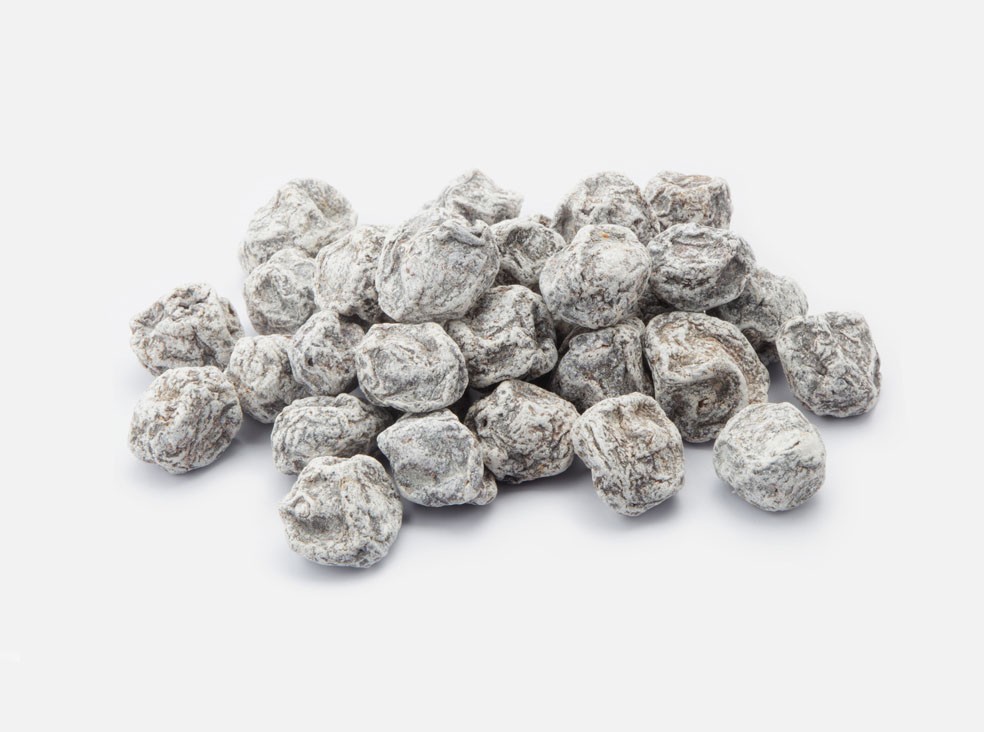 Image credit: GroXers
Image credit: GroXers
Mispronunciation: Kana
Actual word: Kena (kuh-nah)
What it means: Literally translates to “hit” or “got”, but more generally used when someone’s on the receiving end of something unpleasant.
Used in a sentence: “I kena arrowed to be the leader for the group project”
Kana actually refers to the dried sour plum candy many of us grew up with.
5. Buah duku versus baluku
 Image credit: Sahabat Nestle
Image credit: Sahabat Nestle
Mispronunciation: Baluku
Actual word: Buah duku (boo-aah doo-koo)
What it means: In this unique case, buah duku is actually the name of a tropical fruit, while baluku is often used to refer to a bump or bruise
Used in a sentence: “I have a baluku on my forehead because I walked into a glass door.”
The only link between buah duku and baluku is possibly the bumpy, round shape they both have – the latter probably stemmed from a mispronunciation of the former, and eventually became a word of its own. Just be clear of the difference, and don’t go to a fruit shop asking for a baluku!
6. Sekali, not scarly
Mispronunciation: Scarly
Actual word: Sekali (se-ka-li)
What it means: Literally translates to “one time”, but it can also mean “what if” .
Used in a sentence: “I forgot to bring my umbrella, sekali it start raining how?”
7. Agak-agak versus agar-agar
 Image credit: FairPrice
Image credit: FairPrice
Mispronunciation: Agar-agar
Actual word: Agak-agak (aah-gak aah-gak)
What it means: To estimate or guess
Used in a sentence: “I don’t know how much this jelly cost but I agak-agak it’s around $3.”
Agar-agar actually refers to a firm, square-shaped jelly. You can agak-agak the amount of water and sugar needed to make the perfect slab of agar-agar.
 Image credit: @jccookery
Image credit: @jccookery
8. Kacau, not kachiao
Mispronunciation: Kachiao
Actual word: Kacau
What it means: Literally means “mix”, but can also be used to refer to the act of disturbing or bothering others.
Used in a sentence: “Why you kacau my beauty sleep to tell me that tomorrow is Thursday?”
9. Hentam, not humtum
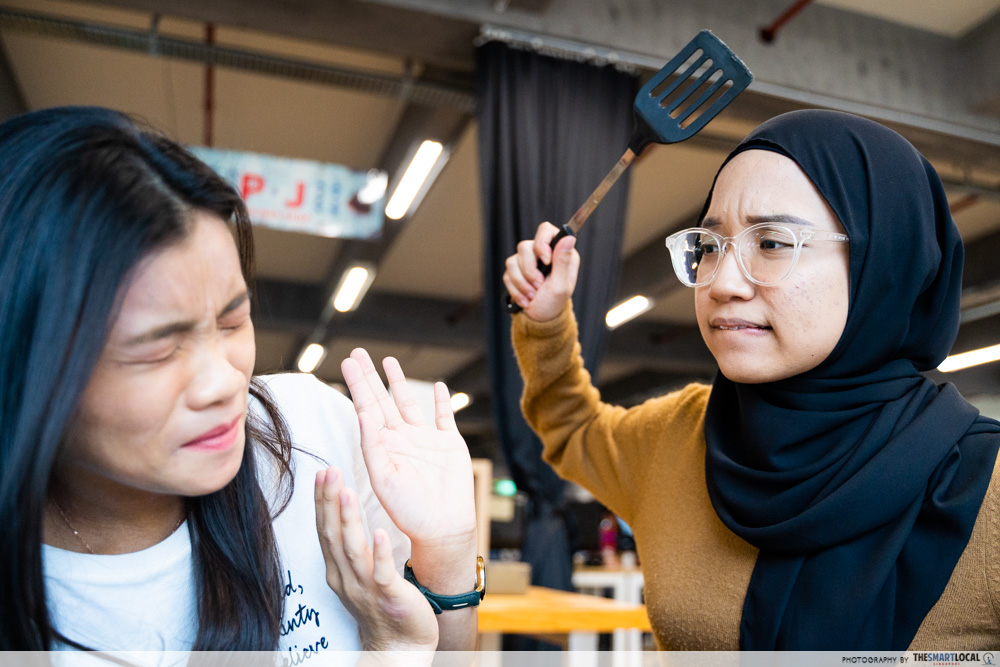
Mispronunciation: Humtum
Actual word: Hentam (huhn-taam)
What it means: To physically hit. When used colloquially, it can refer to doing something by guesswork
Used in a sentence: “I didn’t know the answer to the question so i anyhow hentam an answer”
Now that you know the proper way to pronounce this word, you have every right to hentam the next person who pronounces it as humtum.
10. Karung Guni, not Kallang Guni
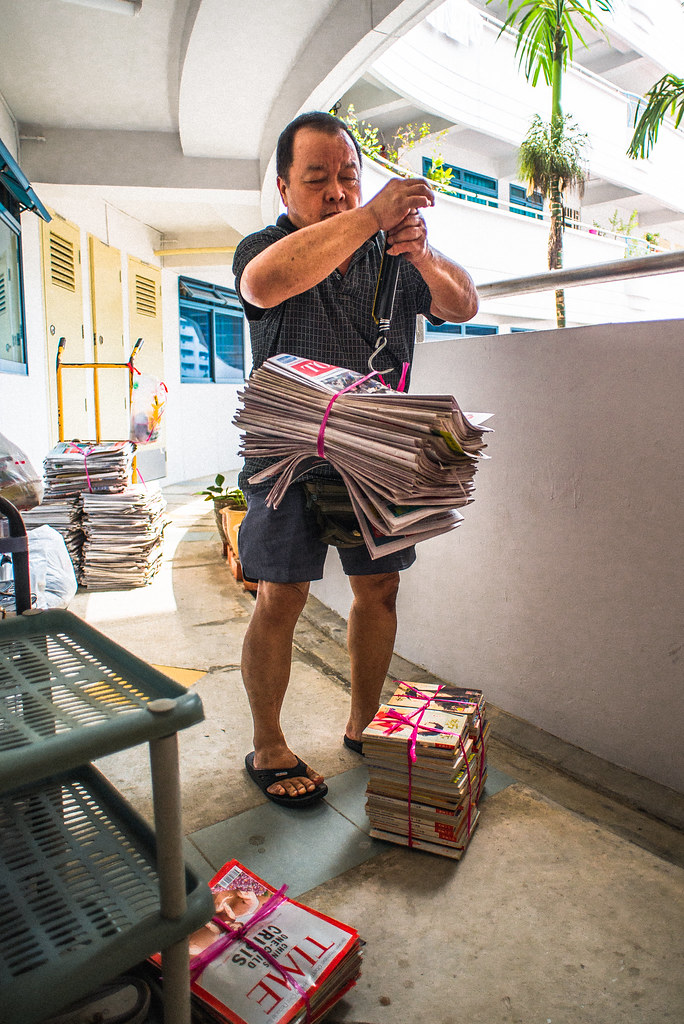 Image credit: Flickr Hive Mind
Image credit: Flickr Hive Mind
Mispronunciation: Kallang guni
Actual word: Karung guni (car-rung goo-knee)
What it means: literally means “gunny sack”, but more commonly used to refer to the rag-and-bone uncle who comes by your house occasionally with his handheld bell shouting “karang guni, poh zhua gu sa kor….” to collect old newspapers and other used goods like electronics.
The karung guni man then gives you some change in return, based on the amount of loot sold to him. It’s a token amount, but money is money all the same.
Used in a sentence: “The karang guni man is going to kidnap you.”
Plot twist: The karung guni man won’t actually kidnap you, and is just a harmless person trying to make a living. This was an empty threat doled out in the past by Singaporean parents who wanted to get their naughty kids to behave.
BONUS: Words from our national anthem
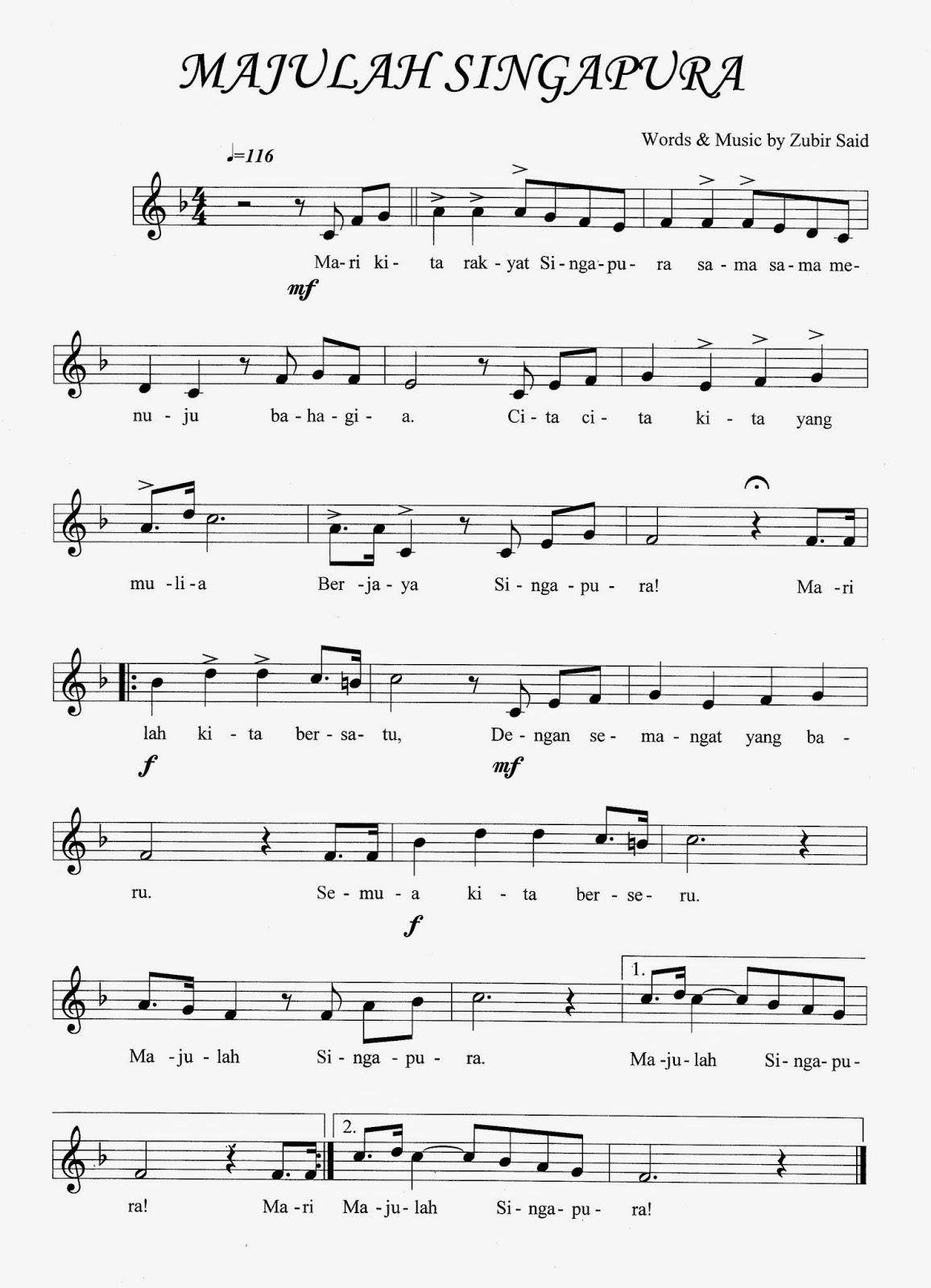 Image credit: The Sonic Environment
Image credit: The Sonic Environment
For those who didn’t know: Malay is Singapore’s national language, although our common working language today is English. That’s why our national anthem was composed in, and still sung in Malay.
After belting the national anthem out on a daily basis in school, we’ve learned to memorise every word at the back of our hands – some of us without actually understanding any part of it, and mispronouncing a few words while at it. But don’t worry, it’s never too late to learn.
Mari, not mali
Mispronunciation: Mali
Actual word: Mari (ma-ree)
What it means: Come
It’s the first word in the national anthem – “mari kita rakyat Singapura”. This whole phrase would mean, “come, fellow Singaporeans”.
Now you can use mari to jio your friends out to makan.
Rakyat, not ya ya
Mispronunciation: Ya ya
Actual word: Rakyat (rug-yat)
What it means: Citizens
Taken from the same line of the national anthem, rakyat refers to us Singaporeans.
Malay words used in Singlish
In our racially diverse society, Singlish has become the most efficient language to communicate with Singaporeans from every race and generation and it’s something we should all be proud of. To protect this language that makes us uniquely Singaporean, let’s first start fixing the common mispronunciations we’ve unknowingly been making.
Check out these other articles on Singaporean culture:
- How real is Crazy Rich Asians?
- “Weird Asian Things” in Crazy Rich Asians explained by Singaporeans
- Weird Singaporean customs
- Bizarre things Singaporeans do that the rest of the world won’t understand
- First world problems faced by Singaporean office workers
- Mildly triggering things only Singaporeans will understand
Photography by Faith Toh.





